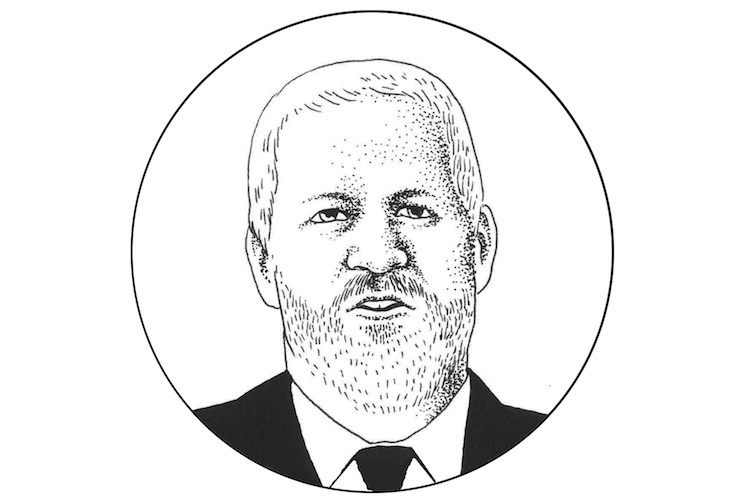For months, police critics have demanded that Seattle Mayor Ed Murray—who on Monday released his proposed annual budget—spend $160 million he’d earmarked for building a new police precinct (aka “the bunker”) to instead build affordable housing. The mayor’s administration retorted that state law prohibits the precinct’s major funding source (the real-estate excise tax, or REET) from being spent on such things.
Last week, councilmember Kshama Sawant released a nonpartisan staff analysis showing that REET can pay for housing indirectly, via budget displacement—that is, the city can use REET funds to pay for stuff that the general fund was going to pay for, then use that freed general-fund money for anything they want.
Murray’s predecessor Mike McGinn reacted to the memo on Twitter: “We used REET to free up general fund and protect human services in [the] Great Recession. This is a known strategy.” Oh, really? We hunkered down with McGinn to get the details on this “known strategy” and his take on the growing controversy around the way Seattle allocates scarce funding.
Are political leaders hiding behind arcane budget rules, rather than actually arguing for why they think the North Precinct is a better use of our money than affordable housing? I think that’s a really common tactic, to say “We can’t use money for that purpose, we can only use it for this purpose” without really examining what kind of flexibility you might have. Now, having said that, there probably are real limitations in the city budget as to how much substitution you can achieve, or how wise it is to use REET for other long-term debt for affordable housing. There are prioritization choices that should be made.
But the gist of your question is, is it right to short-circuit that conversation by insisting on a legal obstacle when there isn’t one? No. We should get it all out there, and see what the different opportunities are and what the choices are.
There are also other funding options, other revenue sources in city government. [One option being a business tax on individual employees.] There are choices out there, but it’s a priorities discussion we have to have, not a legal discussion.
As mayor, you used REET to free general funds. We tried to identify as many sources in our departments that spent capital money where we could use that REET money to free up the general fund—for example, SDOT’s paving budget. It was a question of going through the budget and finding every place where you could substitute REET money for general-fund money. That same type of exercise could be undertaken now. Putting a budget together is a puzzle because monies do have restrictions. But the goal then is how to fit the pieces of the puzzle together to free up what are the priorities of the city.
Any advice for #BlockTheBunker activists? I think they’re doing the right thing, saying “This is a priority.” They should keep pushing. Maybe I’m changing gears a little here, but I was really bothered when the Council and the administration, in response to the North Precinct debate, said “We’re going to ask somebody else to do a race and social-justice analysis of this.” It’s one thing to look at the design of the North Precinct with a race and social-justice analysis, but that wasn’t the real question [from activists]. The real question was the design of the city budget: “Do we spend this much money on this thing at this time?” And that’s not something you can outsource. That’s the Council and administration’s job. They have to do that analysis. A race and social-justice analysis is always embedded in the budget, every budget season. Councilmembers and the mayor have to prioritize. It’s not easy. There are real, competing demands and limitations on what a city can and can’t do. But they can’t buck it, either. That’s their job.
I understood Kshama Sawant to say “We can make do with the existing precinct. We don’t need a new building at all. That’s not a priority.” And that’s a perfectly fair position for her to take. And other people will say, “No, we do need the new facility, but at a lower cost.” You can’t make that discussion without necessarily asking yourself, “What are the other things we want to do in city government?”
Budgets are moral documents. They’re about priorities and always about choices, and every choice has negative consequences: Nobody wants taxes, but we all want services. So what are the trade-offs? There are all sorts of things that might be the right price for me to buy, but if I don’t have the money to pay for it, I’m not going to buy it.
cjaywork@seattleweekly.com
This interview has been edited for length and clarity. Murray’s office asked us to note that McGinn didn’t hit the breaks on the north precinct project when he was in office, either.








